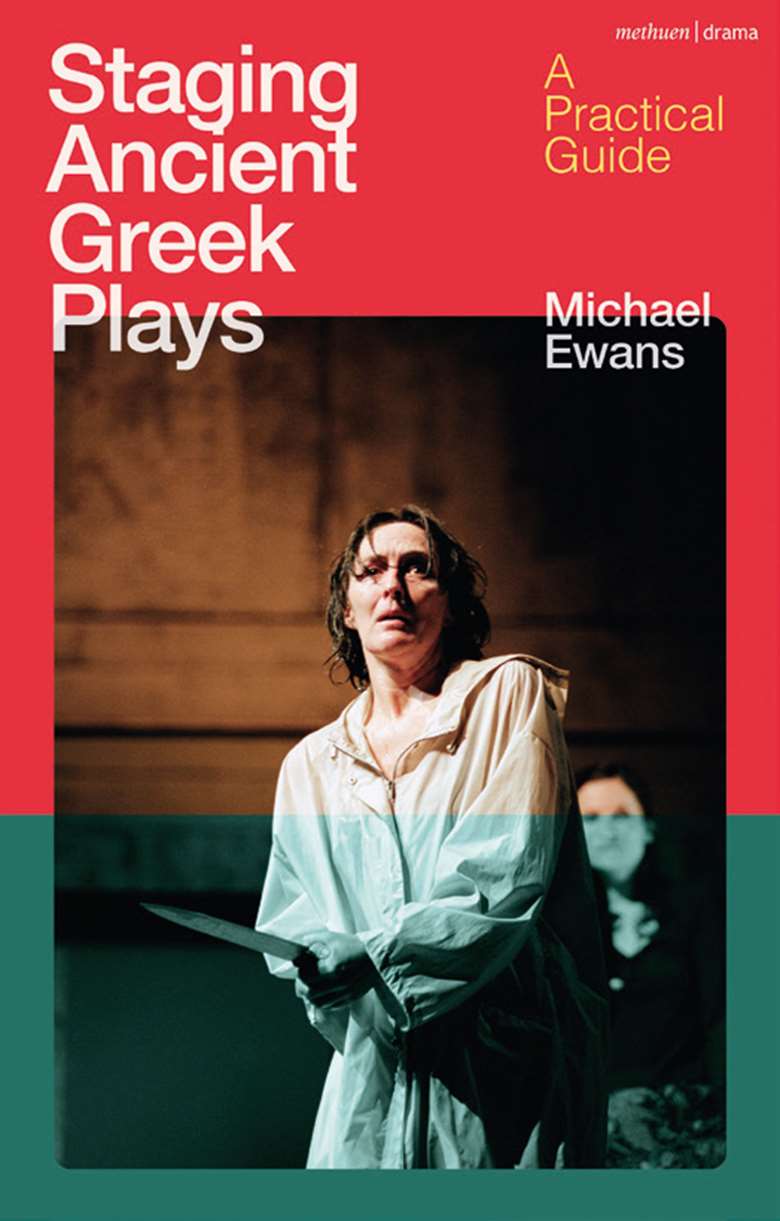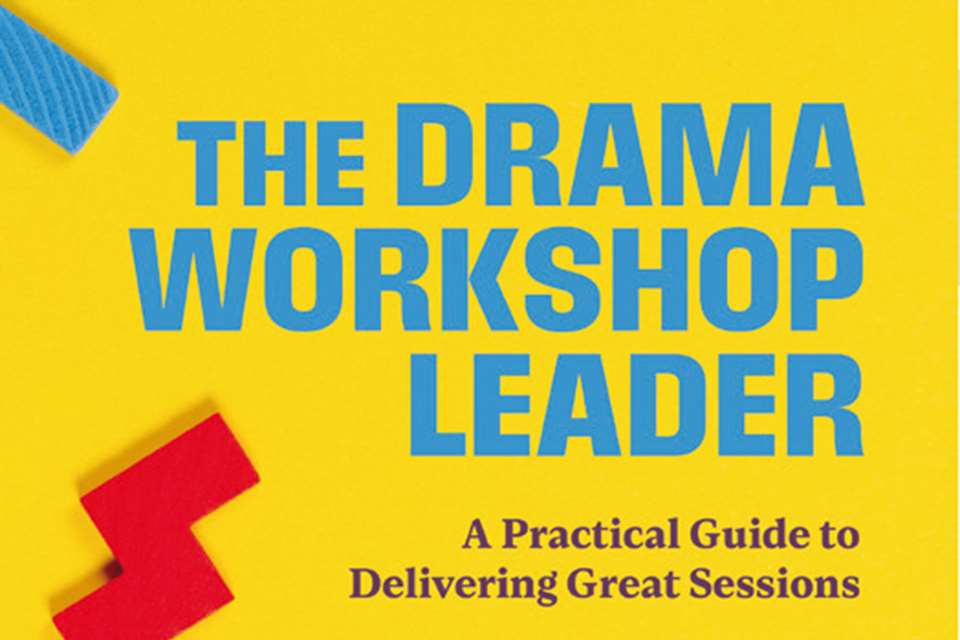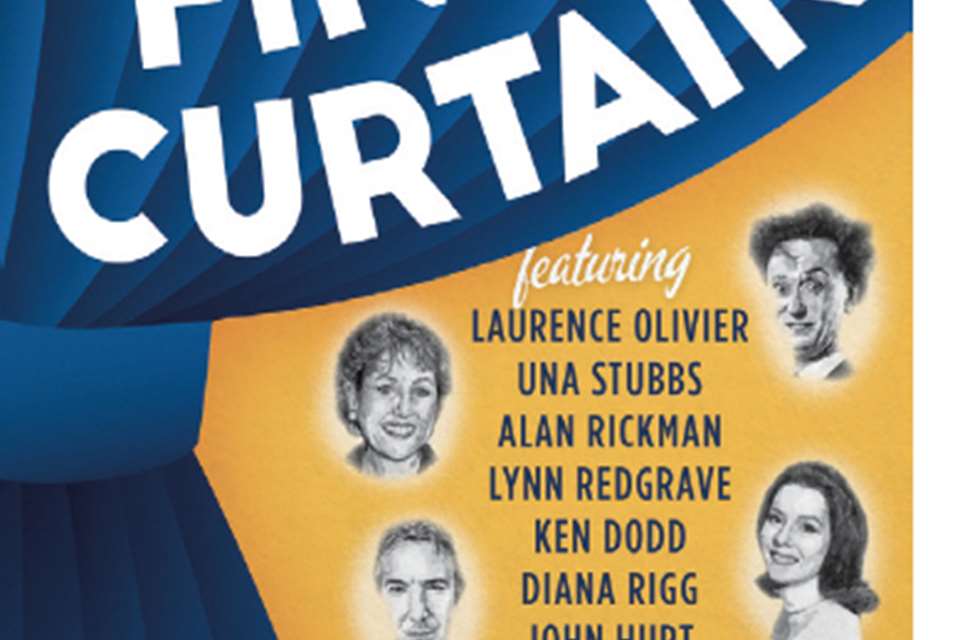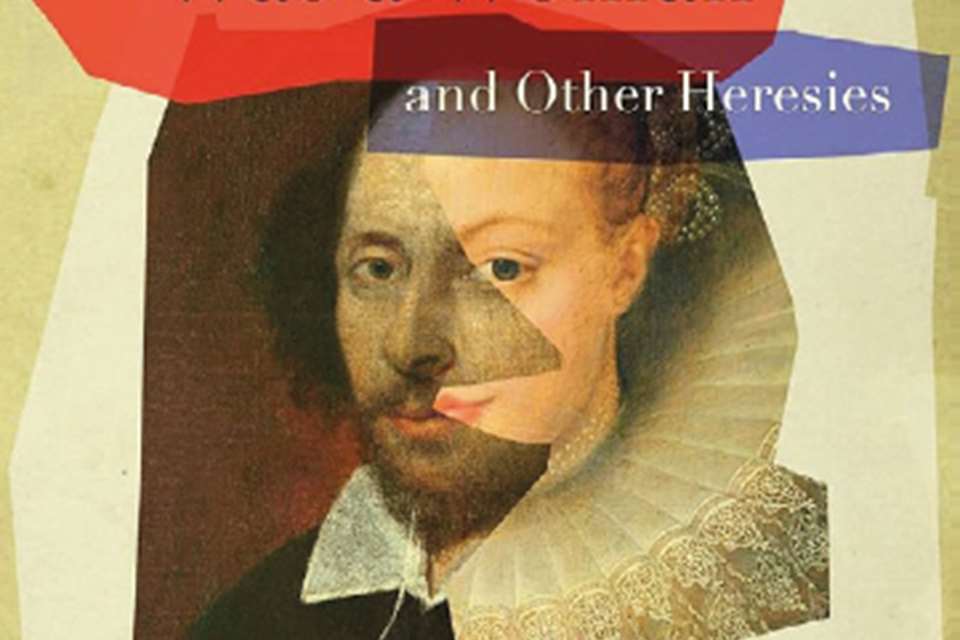Book review: Staging Ancient Greek Plays – A Practical Guide
Alicia Pope
Friday, March 1, 2024
Alicia Pope reviews Staging Ancient Greek Plays – A Practical Guide by Michael Ewans, calling it 'an interesting look at ancient Greek plays for students and teachers alike'.

Michael Ewans is conjoint professor of Drama in the School of Humanities, Creative Industries and Social Science at the University of Newcastle, Australia. Among his many publications are translations of the plays of Aeschylus, Sophocles, Euripides and Aristophanes and he is active in theatre production. Staging Ancient Greek Plays is primarily aimed at anyone wanting to look further into the culture and theatre traditions that were the basis of some of the theatre's best known plays.
The book considers the original performance conditions of Greek plays and how as theatre makers we might adhere to some of these conventions within modern performance. It explores choice of translation, setting, costumes, masks, acting style, the chorus and staging as well as using analysed textual examples.
As a teacher I use Greek plays frequently; I found the sections on the festival of Dionysus, the stage space, costumes and masks especially useful to inform my students' research on texts' original performance conditions. The book also looks in some detail at the chorus and I found Ewans' ideas on how to interpret the chorus in performance very helpful, alongside its detail in describing the historical significance and use of the chorus in Greek theatre.
Although the book focuses on historical accuracy in the choice of translation, for example choosing a translation that has rhythm and flow in the same way that it was originally intended, it also helps to bridge the gap between the ancient and the modern. It features many practical suggestions of how modern theatre makers might direct a Greek play, how you might use modern staging and how to incorporate modern costumes. There are also several examples detailed analysed examples from plays including Electra, Antigone and Frogs which you would find helpful if you are using the specific texts or using other texts with similar themes.
I would find this book extremely useful to further inform my teaching and although when teaching extracts from Greek plays it's not essential to adhere to original performance conditions it's really broadens students' knowledge if you explore the playwright's original intentions alongside your modern interpretation and this book feels like an accessible way to dip into some of those ideas.





